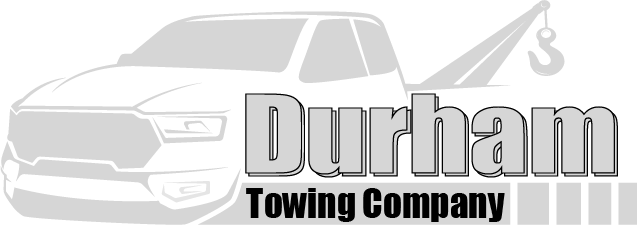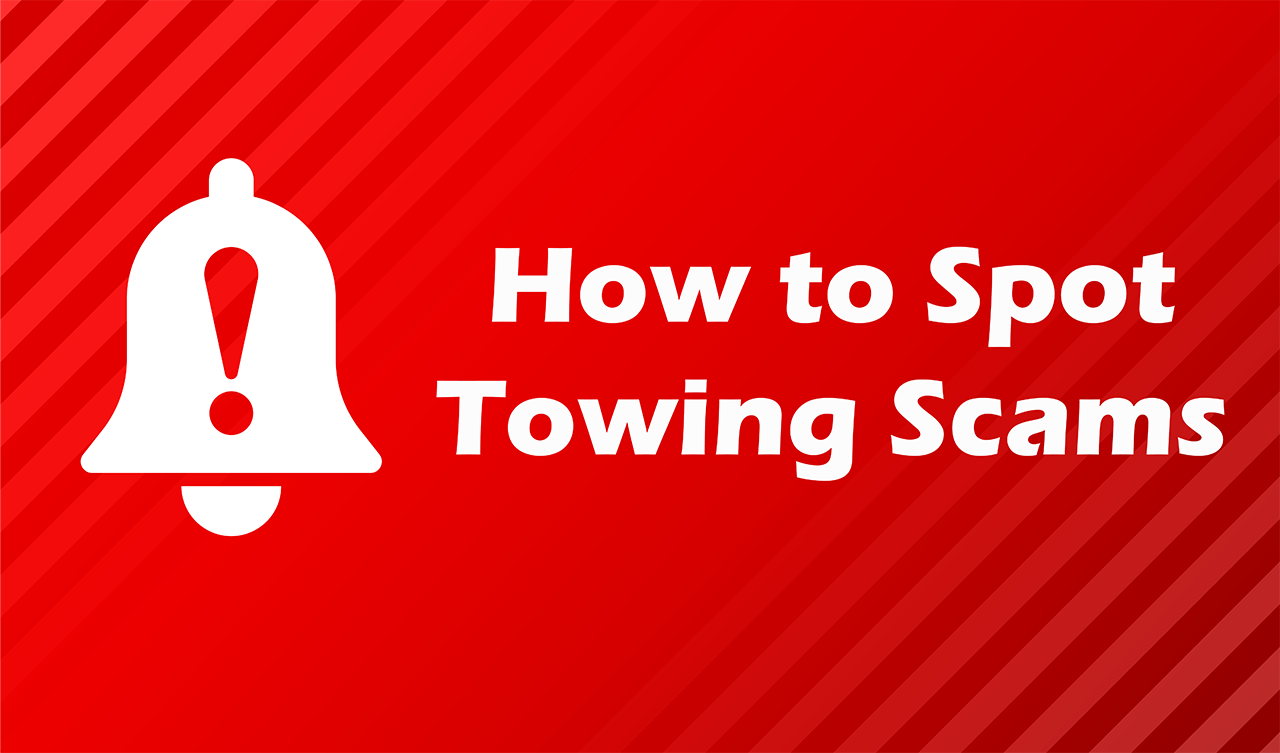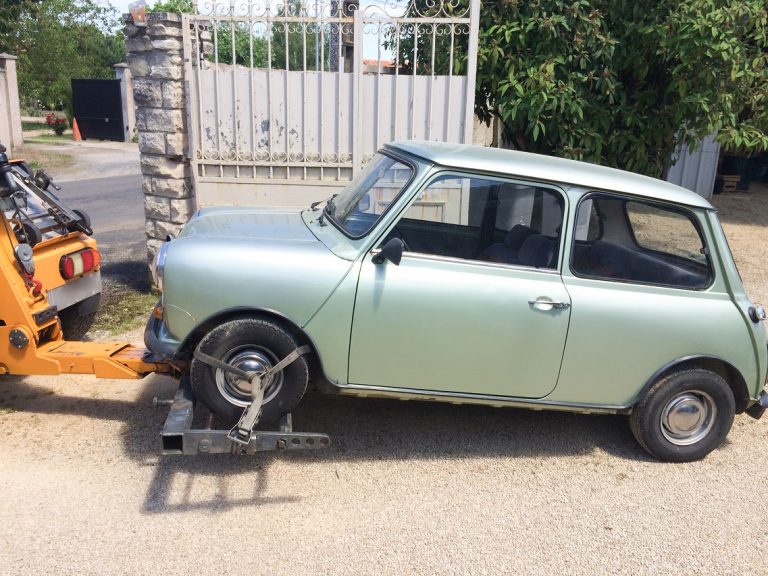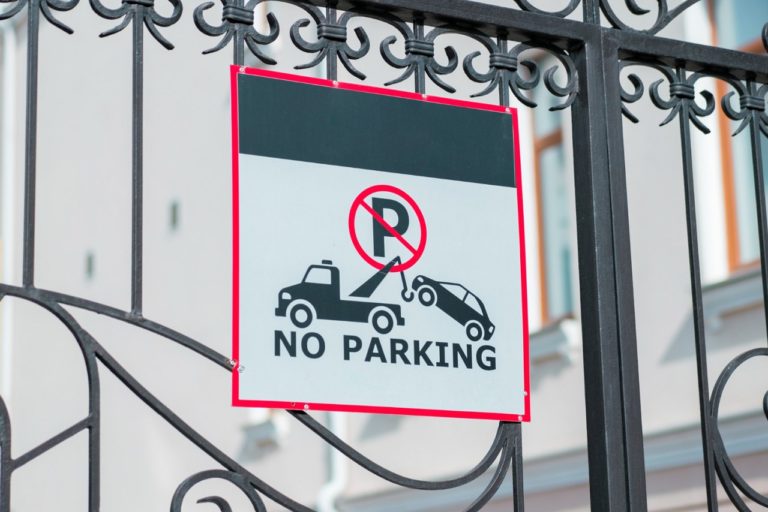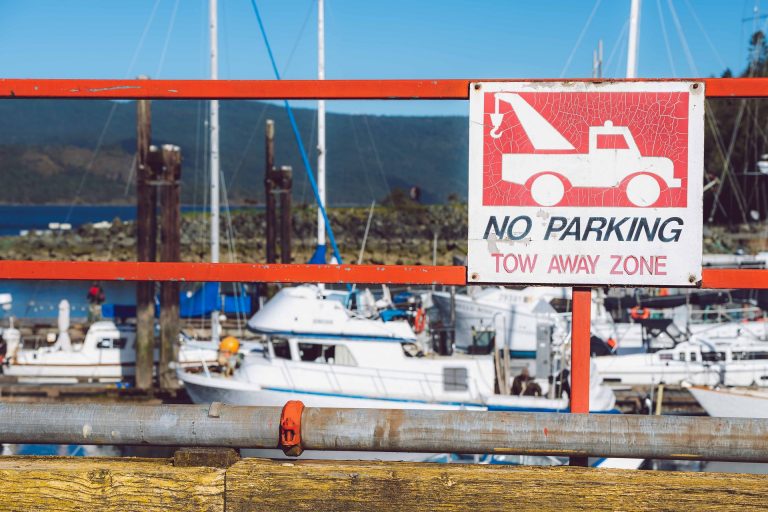Hey there Durham, today we wanted to talk about a serious problem in our industry – towing scams. As a family-owned towing business serving Durham for over 15 years, it not only robs us of business in our service area, it gives our profession a bad name – so today we wanted to help protect our community from predatory companies who take advantage of drivers.
Towing scams don’t just hurt customers, they hurt ethical towing businesses too. When dishonest companies use bait-and-switch pricing or pressure tactics, it casts a bad shadow on our entire industry. We want to empower residents and drivers in Durham to identify shady practices so you don’t get ripped off. By shutting down illegal scammers, we can maintain the standards and honest reputation local towing providers like us pride ourselves on.
In this article, we’ll define what towing scams are, break down the common types like bait-and-switch and patrol spotting, and give real-life examples so you know what to watch out for. We’ll also provide tips on how to choose a reputable company and steps to take if you encounter a scammer.
Our mission at Durham Towing is to provide honest, upfront service without any tricks or surprises. We know being stranded is stressful enough – you shouldn’t have to worry about being exploited too. We want to work together to put a stop to these unethical operators. Durham deserves better and we’ve got your back.
The Alarming Frequency of Towing Scams
Unfortunately, towing scams happen far more often than many people realize. Consumer advocacy groups report thousands of complaints every year related to predatory roadside assistance fraud. It’s a common issue that affects a concerning number of drivers.
While exact statistics can be hard to pin down for illegal schemes, reports indicate troubling patterns of abusive fees, bait-and-switch pricing, and other unethical conduct.
Here’s some eye-opening reports and data:
- According to the National Insurance Crime Bureau, there has been an increase in towing complaints related to egregious fees, improper towing of vehicles, and holding vehicles hostage for payment.
- In Chicago, over 90,000 non-consensual/repo tows reported to Chicago police since 2020 according to a 2022 report
- A 2021 consumer study found that 78% of respondents had been quoted unreasonable fees of $500+ for basic local tows and roadside assistance services.
- In Charlotte, despite an injunction prohibiting his illegal towing practices, NC tower David Satterfield has conducted over 700 tows violating court orders, charging residents in low-income areas full price to get their cars back, raising concerns about lack of regulations stopping such predatory towing.
Find the data on which Charlotte NC companies are towing the most and what areas are most targeted for towing here.
So what does a “towing scam” actually look like? Next, let’s take a look at s some of the most common scenarios we see…
Scenario 1: Bait and Switch
A Bait and Switch scam involves a dishonest tow truck service responding to a call without being requested, lures the driver in with a lowball quote, then demands inflated fees once service is underway, knowing the driver has limited options to refuse payment at that point.
An actual example:
John was driving home on I40 when he got a flat tire and pulled over to the shoulder. He called a local towing company highly rated online and they quoted him $100 for a standard tow back to his home 10 miles away.
Shortly after, a different tow truck pulled up with flashing lights. The driver said he “just happened to be passing by” and offered John a cheap $50 tow. John agreed since it sounded like a good deal.
However, once the predatory company had loaded John’s car and started driving, they informed him the fee was now actually $250 due to “additional roadside service fees.” They said if he didn’t pay the full amount in cash immediately, they would impound his vehicle for a substantially higher fee.
John felt tricked and intimidated by the company’s bait-and-switch tactic. But with his car already hitched up, he had little leverage or options for recourse in the moment. Reluctantly, John paid the exorbitant $250 fee in cash to prevent further penalties.
“In Charlotte, despite an injunction prohibiting his illegal towing practices, NC tower David Satterfield has conducted over 700 tows violating court orders, charging residents in low-income areas full price to get their cars back.”
Scenario 2: Phantom Towing
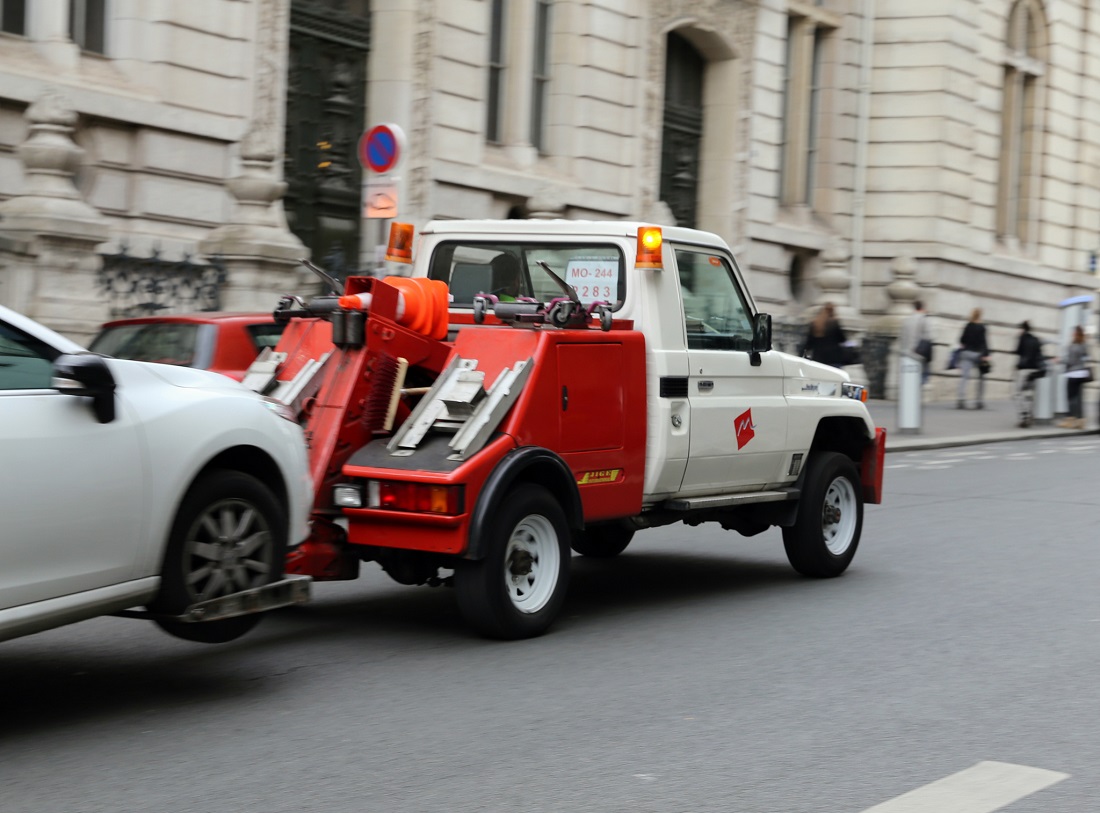
In this scenario unscrupulous tow services illegally tow legally parked vehicles and hold them until large fees are paid. Often times these scammers target parking areas that are situated adjacent to no parking zones, so there is some uncertainty from the victim if they had mistakenly parked illegally.
An actual example:
Mark parked his sedan next to a handicapped parking spot in the lot of a shopping plaza like normal. When he returned an hour later, his car was gone! There were no signs posted about reserved parking or scheduled construction.
Mark contacted the plaza manager and police to report his car missing. They informed him that an unscrupulous local towing company routinely monitored private lots and illegally towed properly parked vehicles to their impound lot.
Mark took an expensive cab across town to the tow company’s impound. They demanded $500 in cash on the spot to release his car – $275 for the phantom towing fee plus a $225 impound charge.
With no other way home, Mark reluctantly paid the outrageous cash payment. He later filed complaints with the Better Business Bureau, leaving reviews warning others about the predatory company’s extortion scam.
Scenario 3: Pressure Selling Unwanted Services
In this scenario a dishonest tow truck service will surprise drivers with inflated fees for unnecessary add-ons like storage, cleaning or wait time, pressuring them to pay since their car is immobile, even though the extra services weren’t approved or – in some cases – actually provided.
An actual example:
Jackson’s car broke down on a rural road late one night. He called a 24-hour towing company who dispatched a truck to his location.
When the truck arrived, the driver assessed the situation and told Jackson it would be $100 for a standard tow back to his home 10 miles away, as quoted over the phone.
However, after hooking up the car, the driver said there was a change in pricing with the call due to his particular situation, and mandatory extra fees would be charged for providing roadside assistance, including:
- $50 hazardous road winch fee
- $75 late night service charge
- $20 jump start battery fee
- $35 highway clearing/cleanup fee
None of these add-on services had been discussed or agreed to previously. Jackson protested the extra mystery fees, but the driver insisted they were “standard charges” required for all tows. Jackson ended up paying $280 instead of the $100 quoted.
Scenario 4: Showing Up Unrequested
With this scenario, a towing service shows up to your car on the side of the road and and pressure you into using their services before the driver can call a reputable company – if you’ve called a towing service already, they may even pose as that service to gain your trust!
Here are some common ways a predatory tow truck company shows up without being requested:
- Scanner chasing – Illegally monitoring police and emergency radio channels to hear about accident sites and beat requested towers.
- Patrol spotting – Cruising areas like highways and parking lots looking for disabled vehicles to solicit first.
- Inside contacts – Bribing auto shops or officials to notify them of breakdowns before a customer can call a tower.
- Impersonation – Intercepting phone calls or radio communications to pretend they were dispatched.
- Referrals – Getting tipped off by shady body shops or associates about breakdown locations.
- Sheer luck – With enough towing service trucks on the road, some unrequested companies happen to come across breakdowns first.
The key is they rush to the scene before the driver can call a reputable company, relying on pressure tactics and limited options to secure the tow instead of being contracted.
What Can Be Done? Calls for Government Action
While towing scams may feel like an unstoppable force, there are actions that lawmakers and regulatory agencies can take to curb these unethical practices. Both consumer advocacy groups and industry organizations have proposed measures to strengthen protections and enforcement.
- Increase penalties and fines for illegal towing activities to act as a real deterrent. Small slap-on-the-wrist fines are ineffective.
- Pass federal legislation to set nationwide standards and regulations. State laws can only go so far against borderless scammers.
- Require towing companies to document clear proof of consent and authorization for non-consensual tows.
- Implement stings and proactive enforcement operations, rather than just responding to complaints. Police can help prevent scams.
- Establish a special investigations unit focused solely on illegal towing fraud across the state or at the federal level.
- Create a public state registry of tow operators to improve transparency and accountability.
- Launch public awareness campaigns to educate drivers on their rights and proper towing practices.
Concerned citizens should call on their elected representatives and consumer protection agencies to make combating predatory towing a priority. With pressure from voters and diligent enforcement, impactful change can happen.
What To Do If You’re The Victim of a Towing Scam
If you encounter predatory practices, don’t just pay up and walk away. There are actions you can take to report scammers and potentially get compensation:
- File a complaint with organizations like the Better Business Bureau to leave a record.
- Report the incident to local law enforcement so they can investigate illegal operations.
- Contact your state Attorney General’s office to file a consumer complaint. In North Carolina, you can report to the NC Attorney General’s Consumer Protection Division online or by calling 1-877-566-7226.
- Dispute unusual charges with your credit card company or bank. Provide documentation like receipts showing inflated fees.
- Leave online reviews detailing the scam situation to warn others. Specific details like truck numbers can expose patterns.
- Request paperwork like an itemized invoice from the company for documentation.
The more evidence reported about crooked schemes, the higher likelihood authorities can take action against predatory towing companies in your area. Don’t let them take advantage of you or others!
Wrapping Up
There are definitely some shady characters out there giving towing companies like us a bad name. But not all towers are out to scam you! By staying vigilant and knowing the red flags, you can avoid potential towing scams.
At Durham Towing Company, we want to be part of the solution. Our family has provided honest, professional service to the Durham area for over 15 years. You can trust us to give clear upfront quotes, explain any additional valid fees, and treat you fairly if you find yourself stranded.
If you ever feel pressured or unsure of a roadside situation, don’t hesitate to call us at (919) 805-3344. We’ll send out one of our uniformed and fully licensed drivers that you can confirm is from our company. We’ve got the equipment, experience, and reputation to handle any standard or heavy duty towing needs.
Let’s shut down these scamming towers by working with reputable companies focused on customer service. Report any shady business so we can get them off the roads! With awareness and action, we can clean up the towing industry and make sure drivers like you are protected.
